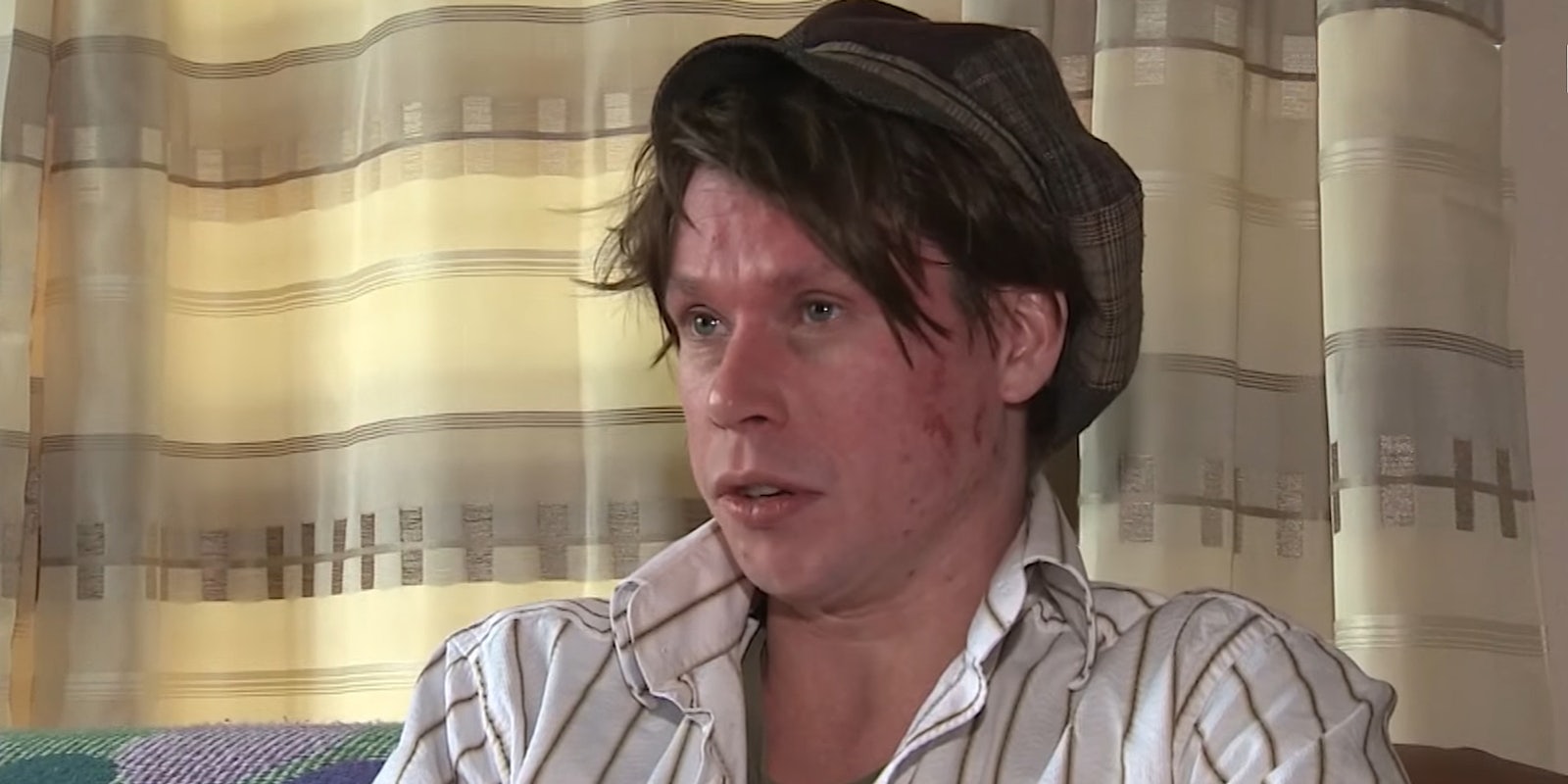Computer security expert and engineering student Lauri Love will not be extradited to the U.S. to face hacking charges, a British judge ruled on Monday. The decision is being hailed as a precedent by human rights groups for trying hacking suspects in the U.K.
Love’s lawyers had claimed the 33-year-old, who has Asperger’s syndrome and suffers from depression, would face “medieval conditions” in the U.S. prison system, which is unequipped to support him, and argued that extradition would harm the alleged hacker’s mental health and physical well-being.
Lawyers also argued that Love would receive a fairer and much more proportionate sentence in the U.K. Love did not entertain the idea that fair sentencing, necessary support services, nor rehabilitation options would be extended to him in the U.S. system. He told the BBC that he feared he would be “bullied” into a plea bargain he “couldn’t refuse” in the U.S and denied due process.
The lord chief justice, Lord Burnett, agreed with this assessment, stating in his ruling that extradition would be “oppressive” and that compliance would increase the risk of suicide.
“It would not be oppressive to prosecute Mr. Love in England for the offenses alleged against him. Far from it,” the judge said. “Much of Mr. Love’s argument was based on the contention that this is indeed where he should be prosecuted.”
With the ruling, Love won his appeal to be tried at home in the U.K. where he faces the possibility of an 18-month sentence if found guilty of the crimes with which he is charged.
Love was facing up to 99 years in prison in the U.S. under Computer Fraud and Abuse Act (CFAA) indictments filed in three different districts and is accused of hacking of NASA, the Federal Reserve, the U.S. Army, and the Missile Defense Agency.
Ironically, CFAA is the very law that Love is alleged to have been protesting when the government computer systems had been attacked as part of an online action by hacktivists called #OpLastResort.
#OpLastResort took place following the suicide of 26-year-old internet activist and prodigy Aaron Swartz, co-founder of Reddit and Creative Commons, who took his own life under the pressures of a CFAA prosecution. The hackers behind the protest, of which Love is alleged to have been a part, were demanding legal reform of disproportionate and excessive prison sentences.
“This is not just for myself,” Love told press after the ruling. “I hope this sets a precedent for the future for anyone in the same position that they will be tried here.”
“I am greatly relieved that I’m no longer facing the prospect of being locked up in a country I have never visited,” he continued at a press conference a few hours later. “This legal struggle has defined my life for the past four years. I’m not looking forward to being prosecuted but I think there’s a better chance that it will be done justly and fairly in the U.K.”
While online hacktivist solidarity networks, like #FreeAnons, have pushed a far-reaching social media campaign to raise support for #TrialAtHome, organizations like campaign group Liberty and the Courage Foundation have supported Love legally and financially throughout the lengthy trial and appeals process.
“This ruling is a massive victory for free expression online, for the fair treatment of neurodiverse people and for those of us who have drawn attention to the dire treatment of hackers and information activists in the United States,” said Naomi Colvin, who works with the Courage Foundation.
U.S. prosecutors have two weeks to file an appeal against the decision.


